Taylor, Charles. Hegel. Cambridge [Eng.] ; New York : Cambridge University Press, 1975.


Taylor, Charles. Hegel. Cambridge [Eng.] ; New York : Cambridge University Press, 1975.
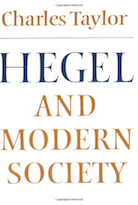
Taylor, Charles. Hegel and Modern Society. Cambridge [Eng.] ; New York : Cambridge University Press, 1979.
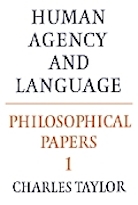
Taylor, Charles. Human Agency and Language. Cambridge [Cambridgeshire] ; New York : Cambridge University Press, 1985.

Taylor, Charles. Philosophy and the Human Sciences. Cambridge [Cambridgeshire] ; New York : Cambridge University Press, 1985.
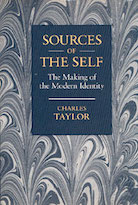
Taylor, Charles. Sources of the Self : the Making of the Modern Identity, Cambridge, Mass. : Harvard University Press, 1989.
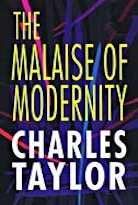
Taylor, Charles. The Malaise of Modernity, Concord, Ont. : Anansi. 1991.
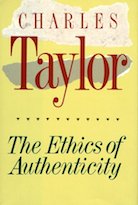
Taylor, Charles. The Ethics of Authenticity. Cambridge, Mass: Harvard University Press, 1992.
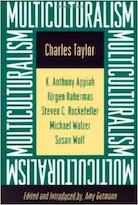
Taylor, Charles. Multiculturalism : Examining the Politics of Recognition. Princeton, N.J. : Princeton University Press, 1994.
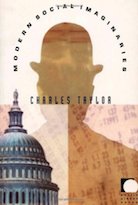
Taylor, Charles. Modern Social Imaginaries. Durham : Duke University Press, 2004.
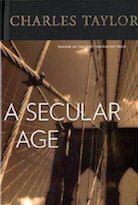
Taylor, Charles. A Secular Age. Cambridge, Mass. : Belknap Press of Harvard University Press, 2007.